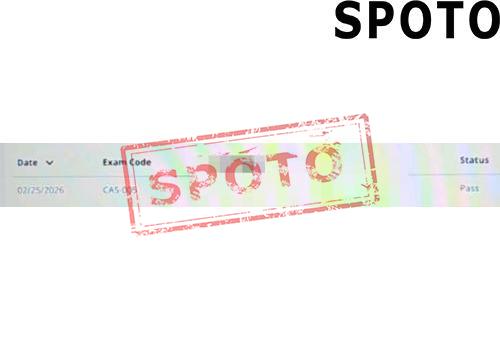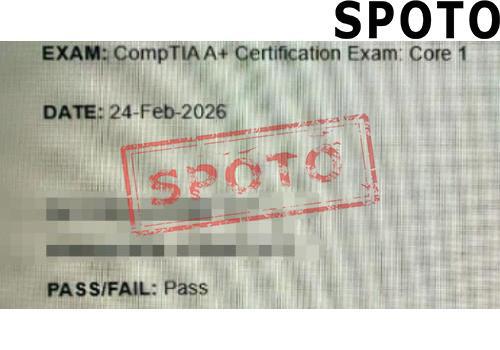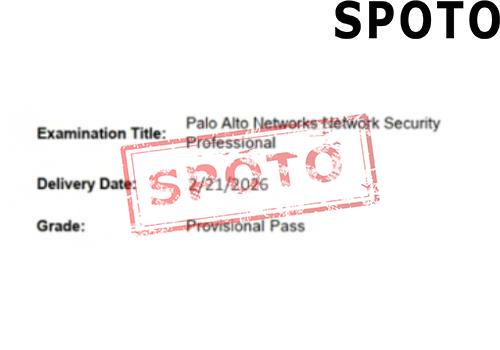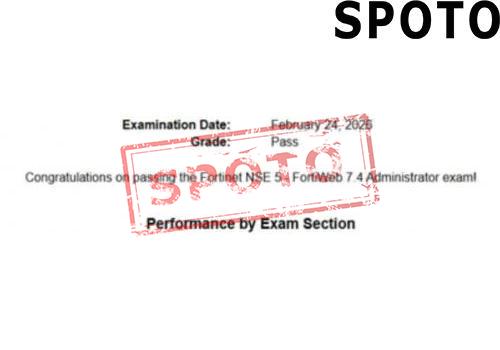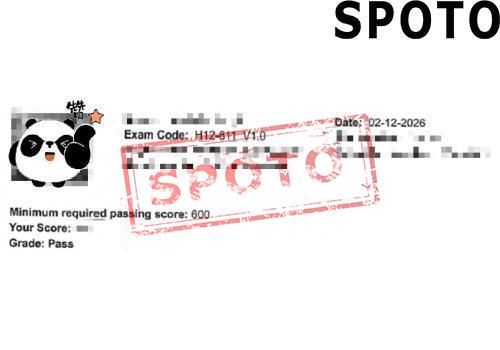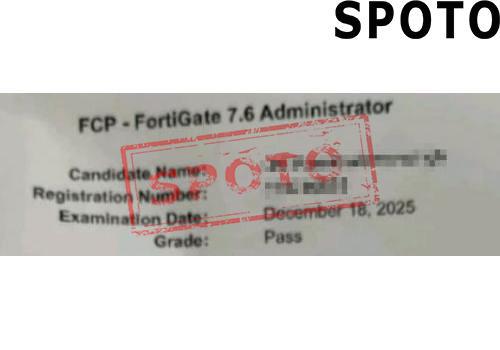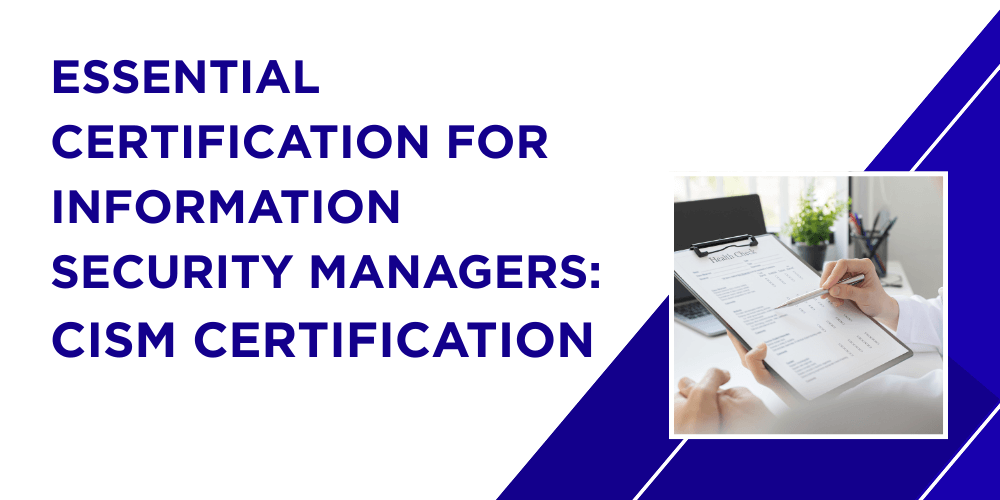
Table of Contents
CISM is a certification that helps practitioners integrate information security into corporate business strategies and achieve the goal of "security supporting business."
1. Introduction to the Certified Information Security Manager certification
The Certified Information Security Manager (CISM) is a global, advanced information security management certification offered by the Information Systems Audit and Control Association (ISACA). Designed for professionals responsible for designing, implementing, managing, and evaluating enterprise information security systems, it focuses on the management aspects of information security, rather than purely technical aspects.
Unlike the technically focused CISSP, the CISM emphasizes the strategic integration of information security within the enterprise business, risk management, governance, and leadership skills. It is suitable for positions such as enterprise security managers, IT directors, and CISOs.
2. Why Earn Your Certified Information Security Manager Certification?
Obtaining the Certified Information Security Manager (CISM) certification demonstrates advanced information security management capabilities for career advancement. The core of the CISM is management, not pure technology, because the exam focuses on management dimensions such as information security governance, risk management, program management, and incident response. Passing the certification demonstrates the ability to align information security strategies with enterprise business objectives. This complements technical certifications and serves as a key credential for transitioning from "technical expert" to "manager."
As the globally recognized "gold standard" for information security management, the CISM is recognized by companies in over 180 countries. It is particularly recognized in industries with stringent information security requirements, such as finance, technology, and healthcare, where it is often listed as a "preferred" or "required" requirement for mid- to senior-level positions such as security managers and CISOs. Experienced CISM practitioners in first-tier cities can earn annual salaries exceeding one million yuan.
The CISM designation is suitable for a wide range of positions, including but not limited to enterprise information security department managers, chief information security officers, IT directors, and information security consultants. For practitioners with a technical background, the CISM designation is a stepping stone to a management position, while for those with existing management experience, it serves as an authoritative endorsement of their capabilities.
Becoming a CISM certification holder allows them to join ISACA's global membership network of over 150,000 professionals, participate in industry conferences and seminars, stay informed about cutting-edge global information security management trends, and broaden their international perspective.
For enterprises, CISM, based on ISACA's best practices framework, emphasizes the alignment of information security policies with corporate strategy and compliance with laws and regulations. Certified managers can help enterprises establish a systematic security governance system and mitigate compliance risks. The core of information security is risk management. CISM requires practitioners to master risk assessment and risk management methodologies. This helps enterprises balance costs and business needs while ensuring security, avoiding the drag of "over-security" on business efficiency.
With the increasing prevalence of cyberattacks, enterprises are increasingly demanding incident response capabilities. CISM encompasses the entire process of incident detection, classification, response, and recovery, helping enterprises establish efficient emergency response mechanisms and minimize the impact of security incidents on their businesses. In a data-driven business environment, information security is a core element of corporate credibility.
3. Core Components of the CISM Certification
The CISM exam covers four core areas: information security governance, information security risk management, information security program development management, and information security incident management. Certified individuals must, at a minimum, establish information security strategies, policies, and frameworks, ensuring alignment with business objectives, ensuring compliance management and resource allocation, and mastering risk assessment methodologies, risk management strategies, and business continuity planning. Furthermore, they must design, implement, and monitor security programs, strengthen security awareness training, detect, classify, respond to, and recover from incidents, conduct crisis communications, and conduct post-incident reviews and improvements.
4. Prerequisites for the CISM
(1) Application requirements
In terms of work experience, the official requirement is to have at least 5 years of information security management-related work experience. Candidates can choose to complete this work within 5 years before or after the exam. At least 3 years of this work must focus on one of the 4 areas of the CISM exam. Some relevant field experience can be converted proportionally, for example, 2 years of IT management experience can be converted into 1 year of security management experience. The exam score must reach the passing score set by ISACA to be considered passed. There is no fixed passing rate for the exam, which is determined by the performance of candidates worldwide.
(2) Certificate maintenance
CISMs must complete 120 hours of CPE credits every 3 years, and the content must be related to information security management. After passing the exam, candidates must pay the annual certificate fee each year, otherwise the certificate will be in an "expired" state. If they violate the ISACA Code of Professional Ethics, they may face penalties such as certificate revocation.
5. Comparable Certifications to CISM certification
- CISSP (Certified Information Systems Security Professional)
- CRISC (Certified in Risk and Information Systems Control)
- SSCP (Systems Security Certified Practitioner)
- CGEIT (Certified in the Governance of Enterprise IT)
- SABSA (Sherwood Applied Business Security Architecture)




